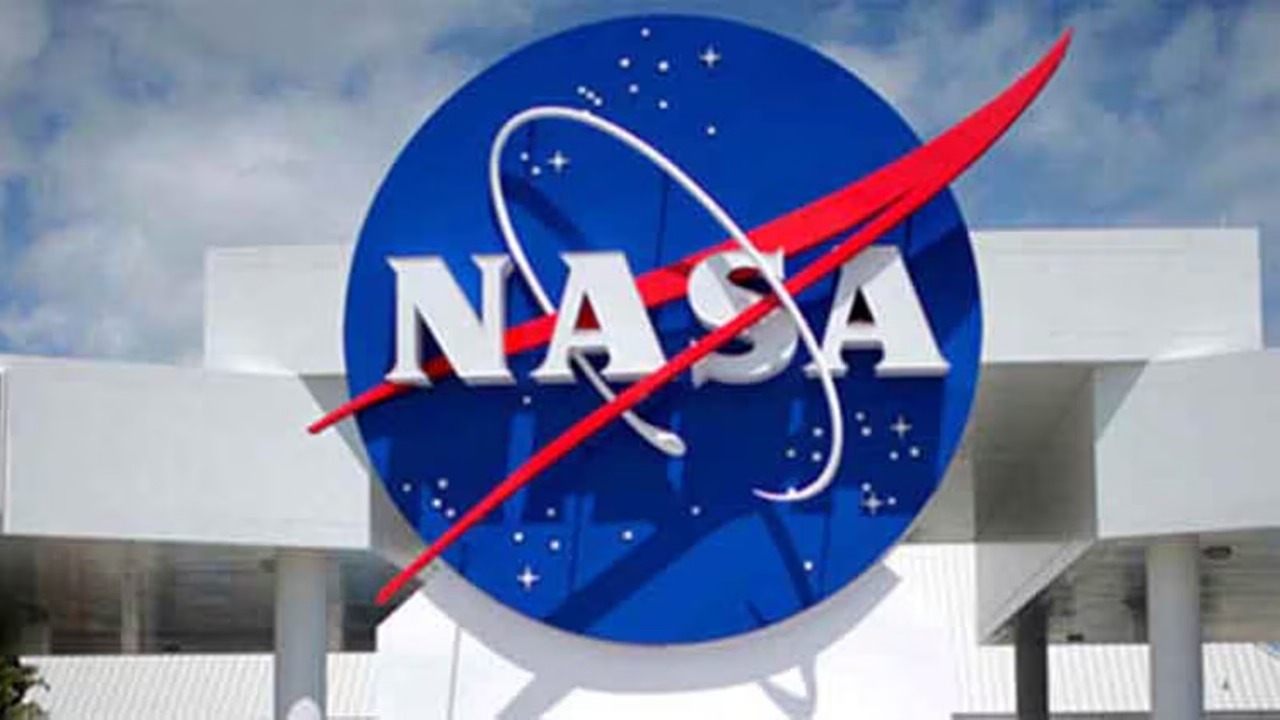
Follow WOWNEWS 24x7 on:
Updated: May 09, 2025 07:29

The highly anticipated Global Space Exploration Conference (GLEX 2025) in New Delhi has not only been in the news for its record-breaking turnout-more than 1,700 delegates from 35 nations-but for the glaring absence of the United States' National Aeronautics and Space Administration (NASA). While China, Japan, Canada, and European top officials joined astronauts and scientists from across the globe, NASA's chairs were empty.
Key Highlights
NASA's non-appearance was mostly a consequence of deep budget reductions made by the Trump administration. The just-introduced US budget cuts NASA's funding by about 24%, from $24.8 billion to $18.8 billion, the biggest one-year reduction in the space agency's history. These reductions have compelled NASA to postpone or cancel a number of missions and have left the agency incapable of paying for travel and lodging for its scientists and astronauts to go to global events such as GLEX 2025.
Organizers said at least a dozen representatives from NASA were invited but did not attend because there were no funds. That is a stark contrast to earlier editions of GLEX, where NASA was a leader in international space talks.
The agency is also in the midst of internal change, with changes in leadership and restructuring at the departmental level adding to its inability to send representatives overseas.
Others have cited potential conflicts of interest and changing US space policy priorities, such as the increasing influence of SpaceX and its CEO Elon Musk, who is in close alignment with the current administration and is a central figure in efforts to reduce costs across government agencies.
Regardless of the absence of NASA, the conference has been a defining moment for India, demonstrating its growing stature in the international space community. The forum was utilized by Prime Minister Narendra Modi to lay out India's ambitious goals, such as the Bharatiya Antariksh Station by 2035 and a manned Moon landing by 2040.
What This Means for Global Space Collaboration
NASA's no-show at GLEX 2025 is more than just a logistical inconvenience-it's a harbinger of deeper financial and political problems for the world's preeminent space agency. While India and others forge ahead with new missions and collaborations, the US' absence at such a prominent forum could have a ripple effect on international cooperation and innovation in space exploration.
Sources: India Today, Times of India, NDTV, Indian Express, Madhyamam Online





